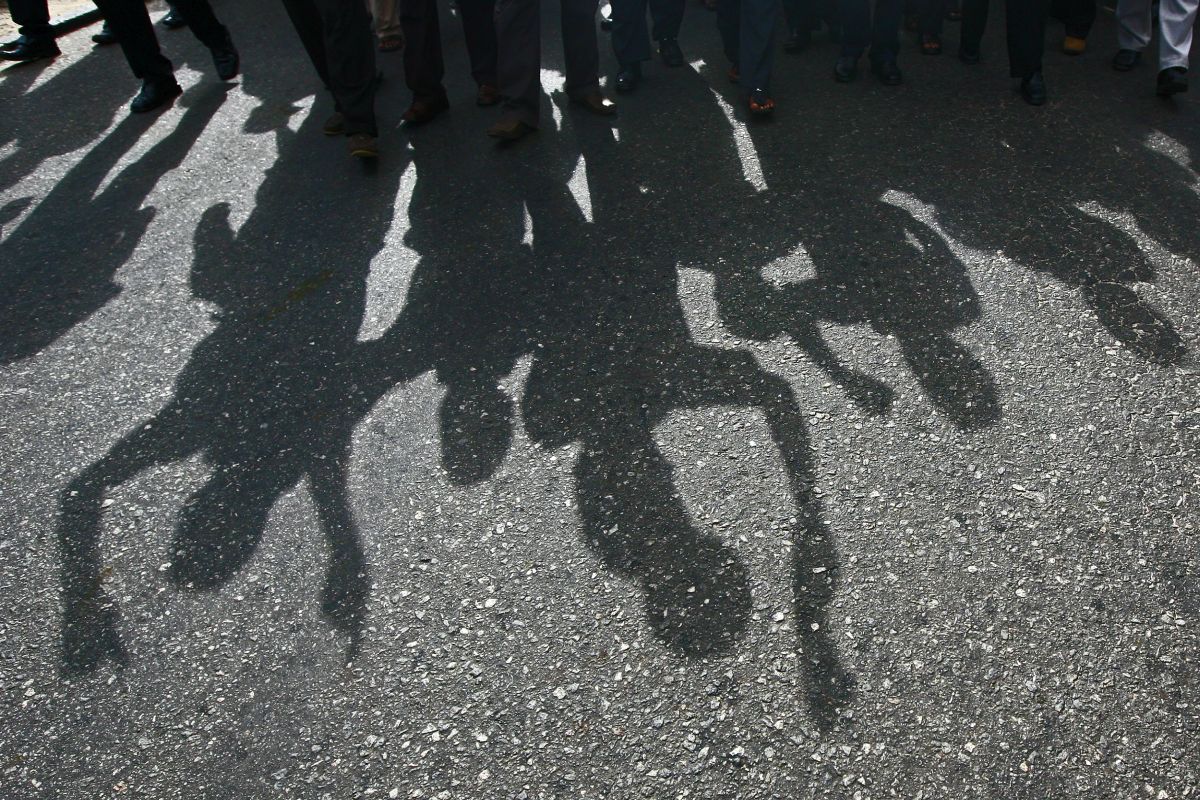At least 16 people were killed this week after protests turned violent in Ethiopia against Prime Minister and Nobel Peace laureate Abiy Ahmed, according to an Amnesty International researcher on Friday.
“Up to now we have confirmed 16 people dead, but the number must be more than that because new reports are emerging which we have not confirmed,” Fisseha Tekle told AFP.
Advertisement
He further said that the violence had included instances of security forces opening fire on protesters but was increasingly taking the form of ethnic and religious clashes.
“Some people have lost their lives with sticks, with machetes, some houses have been burned. People have been using even bullets and light arms to kill each other, to fight each other,” he added.
“I don’t have the latest on what happened during the night but there was no sign of decrease”, Tekle said.
The violence broke out in Addis Ababa, the capital city and in much of Ethiopia’s Oromia region after a high-profile activist accused security forces of trying to orchestrate an attack against him.
The activist, Jawar Mohammed, is a former Abiy ally and member of the prime minister’s Oromo ethnic group — the country’s largest — who has recently become critical of some of Abiy’s policies.
Earlier on Thursday, during a press briefing, Jawar called for calm while accusing the authorities of stoking instability.
The unrest highlights divisions within the ethnic Oromo support base that swept Abiy to power last year — divisions that could undermine his position ahead of elections planned for May 2020.
On Thursday, the Orthodox Church issued a call for calm while saying the violence has “resulted in the loss of lives as well as caused damages to properties and mass displacements,” according to the state-affiliated Fana Broadcasting Corporate.
“The fact that protests are not commonly peaceful does not mean they have to use lethal force,” Fisseha said.
“It’s only as a last resort that lethal force can be used and only to protect the lives of security forces and protect the lives of other people”, Fisseha added.









